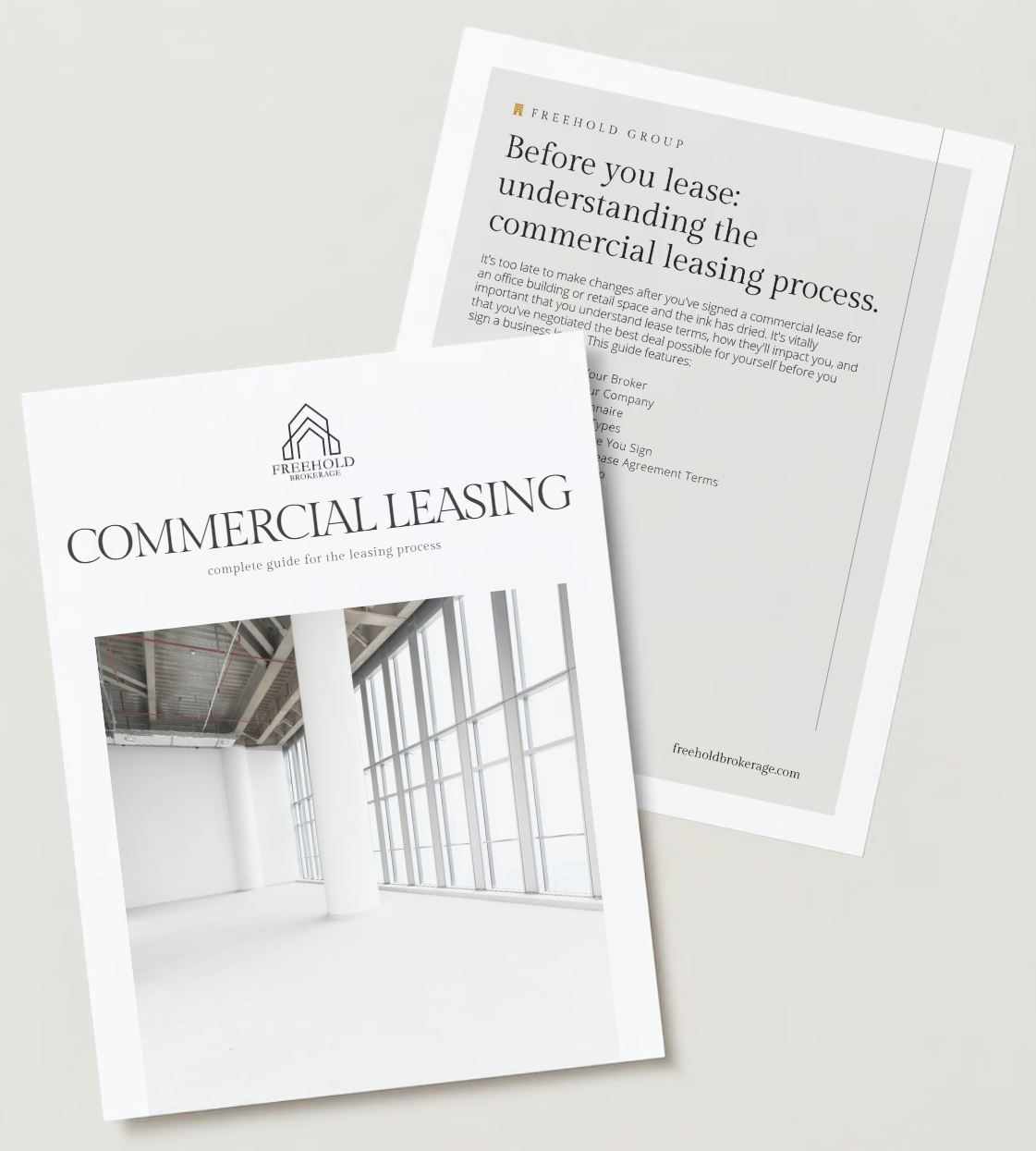a detailed guide for leasing commercial space in Oregon, emphasizing the importance of understanding lease structures, exploring location dynamics, leveraging commercial real estate brokers, scrutinizing lease agreements, budgeting for additional costs, navigating tenant improvements, and knowing tenant rights. By covering various aspects such as cost considerations, location options, broker engagement, legal scrutiny, and tenant empowerment, the article offers comprehensive insights to help businesses make informed decisions and navigate the complexities of leasing in the dynamic Pacific Northwest market








